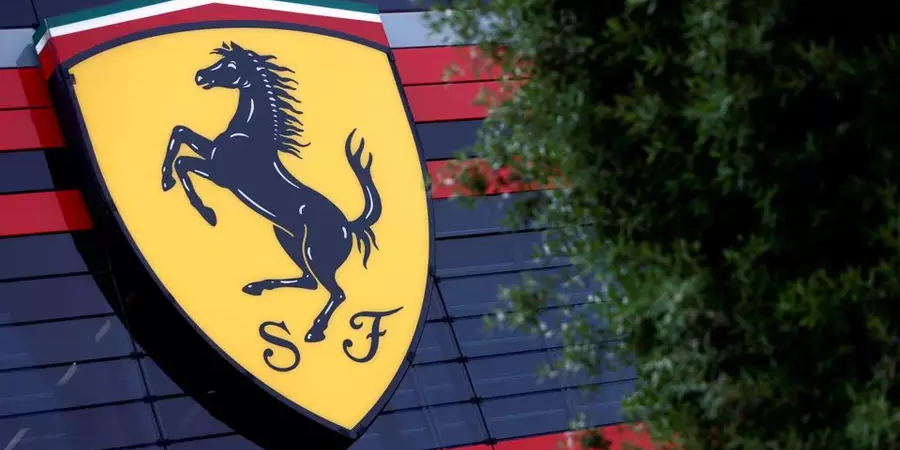The Italian sports car manufacturer Ferrari has begun accepting payments in cryptocurrencies from customers in the United States, and is ready to provide the same service to customers from Europe.
Ferrari Marketing and Sales Director Enrico Galliera said that the vast majority of automakers avoid cryptocurrencies. This is due to concerns that the volatility of Bitcoin and other crypto assets makes it difficult to use them in commerce. Uncertainty in the regulation of the crypto industry and high energy consumption during Bitcoin mining also prevent its widespread adoption as a means of payment. However, Ferrari decided to accept cryptocurrencies for payment due to the growing demands of clients investing in crypto assets.
“Many of our clients are young investors who made their fortunes in cryptocurrencies. Other buyers are traditional investors, but they also want to diversify their portfolios with cryptocurrencies,” Galliera said.
Ferrari has entered into a partnership with one of the largest cryptocurrency payment operators, BitPay, which supports payments in Bitcoin, Ether and USDC stablecoins. Galliera assured that car prices will not change, and buyers will not be charged commissions or additional fees if they pay with cryptocurrencies. BitPay will immediately convert crypto assets into dollars and euros on behalf of Ferrari dealers, and this will protect parties from price fluctuations.
In the first half of 2023, Ferrari delivered more than 1,800 vehicles to the North American continent. In 2022, the Italian company sold 13,200 cars at prices ranging from 200,000 euros ($211,000) to 2 million euros ($2.1 million). Galliera did not specify how many cars the company plans to sell for cryptocurrencies, but it will make this payment option available to residents of Europe in connection with the adoption of the European Union Cryptocurrency Regulation Act (MiCA).
Let us recall that at the beginning of the year, Ferrari terminated its partnership with Velas Blockchain, the cryptocurrency sponsor of the Formula 1 team, as a result of which the company lost $55 million.







